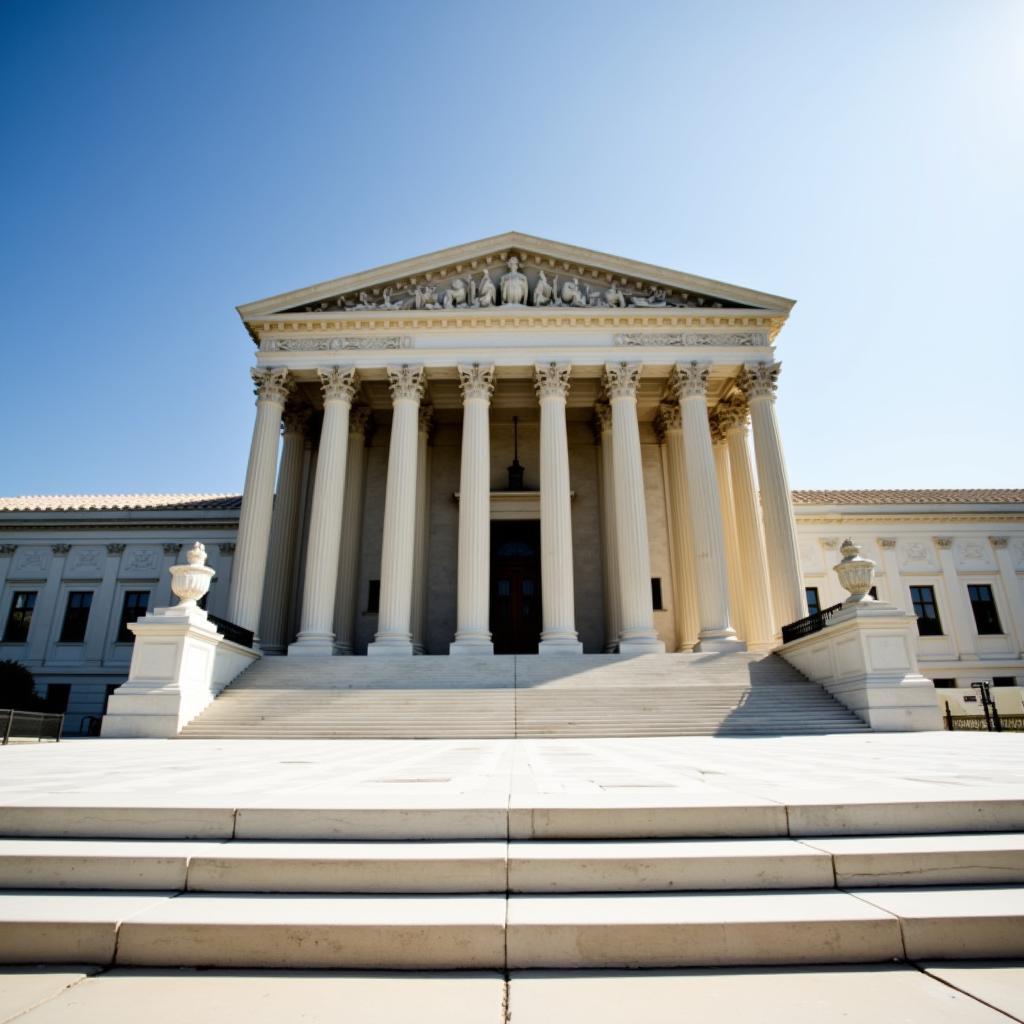The landmark Supreme Court case Christian Legal Society vs. Martinez continues to spark debate about the intersection of religious freedom, student organization policies, and anti-discrimination principles on college campuses. This case examines the tension between a public university’s all-comers policy and a student group’s desire to maintain its religious identity through selective membership practices.
Understanding the Core Issues in Christian Legal Society vs. Martinez
The Christian Legal Society vs. Martinez case revolved around the Hastings College of Law’s “all-comers” policy for student organizations. This policy mandated that registered student groups accept any student who wished to join, regardless of their beliefs or practices. The Christian Legal Society (CLS), a student organization, required its members to adhere to a statement of faith, effectively excluding individuals who did not share their Christian beliefs, particularly regarding sexual orientation. This conflict led to CLS being denied official recognition and the benefits that came with it, prompting the legal battle.
 Supreme Court Building where the Christian Legal Society vs. Martinez case was heard
Supreme Court Building where the Christian Legal Society vs. Martinez case was heard
The All-Comers Policy and its Rationale
Hastings College of Law argued that the all-comers policy was essential to promoting inclusivity, preventing discrimination, and fostering a diverse and tolerant campus environment. They asserted that allowing student groups to discriminate based on belief or other protected characteristics would undermine the university’s commitment to equality.
The Christian Legal Society’s Argument for Religious Freedom
The CLS contended that the all-comers policy infringed upon their First Amendment right to free association and free exercise of religion. They argued that being forced to accept members who did not share their core beliefs would dilute their religious identity and undermine their ability to effectively pursue their mission.
The Supreme Court’s Decision and its Implications
In a 5-4 decision, the Supreme Court upheld Hastings College of Law’s all-comers policy. The Court reasoned that the policy was a reasonable, viewpoint-neutral regulation of student organization conduct, not a restriction on speech or belief. They emphasized that the policy applied equally to all student groups and did not target any particular religion or viewpoint.
Lasting Impact on Campus Policies
The Christian Legal Society vs. Martinez ruling has had significant implications for student organizations and university policies across the country. It affirmed the authority of public universities to implement all-comers policies, even when those policies clash with the religious beliefs of certain student groups.
Ongoing Debate on Religious Freedom and Inclusivity
The case continues to generate debate about the balance between religious freedom and inclusivity on college campuses. Critics of the ruling argue that it undermines the ability of religious student organizations to maintain their distinct identities and missions. Supporters, on the other hand, maintain that the decision is crucial for promoting tolerance and preventing discrimination on campus.
Conclusion: Navigating the Complexities of Christian Legal Society vs. Martinez
The Christian Legal Society vs. Martinez case presents a complex legal and ethical dilemma. It underscores the ongoing tension between religious freedom and anti-discrimination principles in the context of higher education. As universities strive to create inclusive environments, it remains crucial to engage in thoughtful dialogue and consider the diverse perspectives on this important issue.
FAQ
- What was the central issue in Christian Legal Society vs. Martinez? (The conflict between Hastings College of Law’s all-comers policy and the Christian Legal Society’s selective membership practices based on religious beliefs.)
- What was the Supreme Court’s decision in the case? (The Court upheld Hastings College of Law’s all-comers policy.)
- How did the ruling affect campus policies? (It affirmed the authority of public universities to implement all-comers policies.)
- What are some arguments against the Supreme Court’s decision? (Critics argue that it infringes on religious freedom and the ability of religious groups to maintain their distinct identities.)
- What are some arguments in favor of the decision? (Supporters argue that it promotes inclusivity and prevents discrimination on campus.)
- What are some long-term implications of the Christian Legal Society vs. Martinez case? (The case continues to fuel debate about balancing religious freedom and anti-discrimination principles in higher education.)
- How does this case relate to the First Amendment? (The case raises questions about the freedom of association and the free exercise of religion as guaranteed by the First Amendment.)
Common Scenarios and Questions:
- Scenario: A religious student organization wants to exclude members based on sexual orientation. Question: Can a public university enforce an all-comers policy in this situation? (Yes, according to the Christian Legal Society vs. Martinez precedent.)
- Scenario: A student feels discriminated against by a religious student organization. Question: What recourse does the student have? (The student can report the incident to the university administration, which may take action based on its anti-discrimination policies.)
Further Exploration:
For more information on related topics, explore other articles on our website about religious freedom, campus speech codes, and student rights.
Need Help?
Contact us: Phone: 02043854663, Email: [email protected], or visit us at: Khu 34, Bac Giang, 260000, Vietnam. We offer 24/7 support.